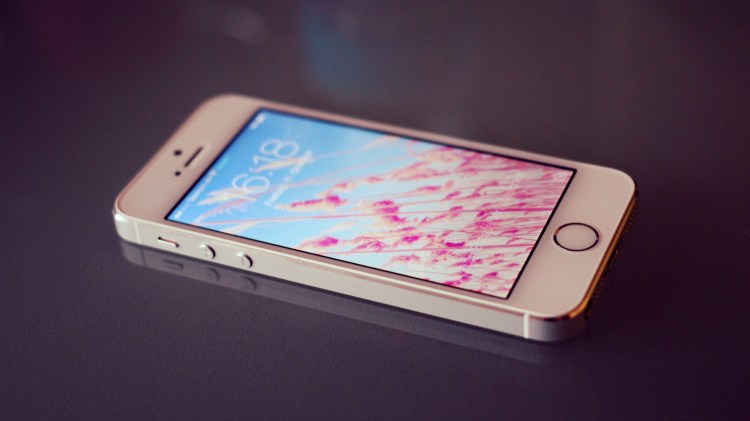Apple has requested a delay in the hearing schedule for the New York court case over a locked iPhone, in light of the fact that the government is currently evaluating a possible way to unlock the iPhone in the separate but related San Bernardino iPhone encryption case.
The cases have a connection because the government is invoking the 18th-century All Writs Act in order to compel Apple to help it unlock an iPhone. In the New York case — which involves a person who was indicted on charges of meth trafficking and whose iPhone 5s was taken by federal agents — last month U.S. Magistrate Judge James Orenstein laid out his opposition to the use of the All Writs Act for this purpose.
But earlier this week, the government came forward and said an outside party had pointed out one potential way for it to unlock the iPhone 5c in the San Bernardino case, and given that information U.S. Magistrate Judge Sheri Pym decided to cancel a hearing in the case to give the government time to look into the outside party’s proposal. Now Apple thinks the New York case should also be put on hold.
June 5th: The AI Audit in NYC
Join us next week in NYC to engage with top executive leaders, delving into strategies for auditing AI models to ensure fairness, optimal performance, and ethical compliance across diverse organizations. Secure your attendance for this exclusive invite-only event.
“In the interim, both the Court and the parties lack sufficient information to determine the most appropriate way for this matter to proceed,” Apple lawyers wrote in a filing yesterday to Judge Margo Brodie of the United States District Court for the Eastern District of New York. “Going forward without such information would be highly inefficient.”
[scribd id=305946853 key=key-JEbzX9hGYI08QvPdLjHg mode=scroll]
The request is understandable. But it means that just as publicly visible activity in the San Bernardino case has essentially come to a halt as the government sees if it can unlock the iPhone without Apple’s help, this case will likely also go silent for a while.
“Apple respectfully requests that the Court stay the current March 31, 2016 due date for Apple’s response to the DOJ’s application until after the DOJ files its status report in the San Bernardino Matter on April 5, 2016,” the lawyers wrote. “Apple further requests that the parties be required to submit a status report (either jointly or with each side presenting its own position on how to proceed) no later than April 11, 2016.”



